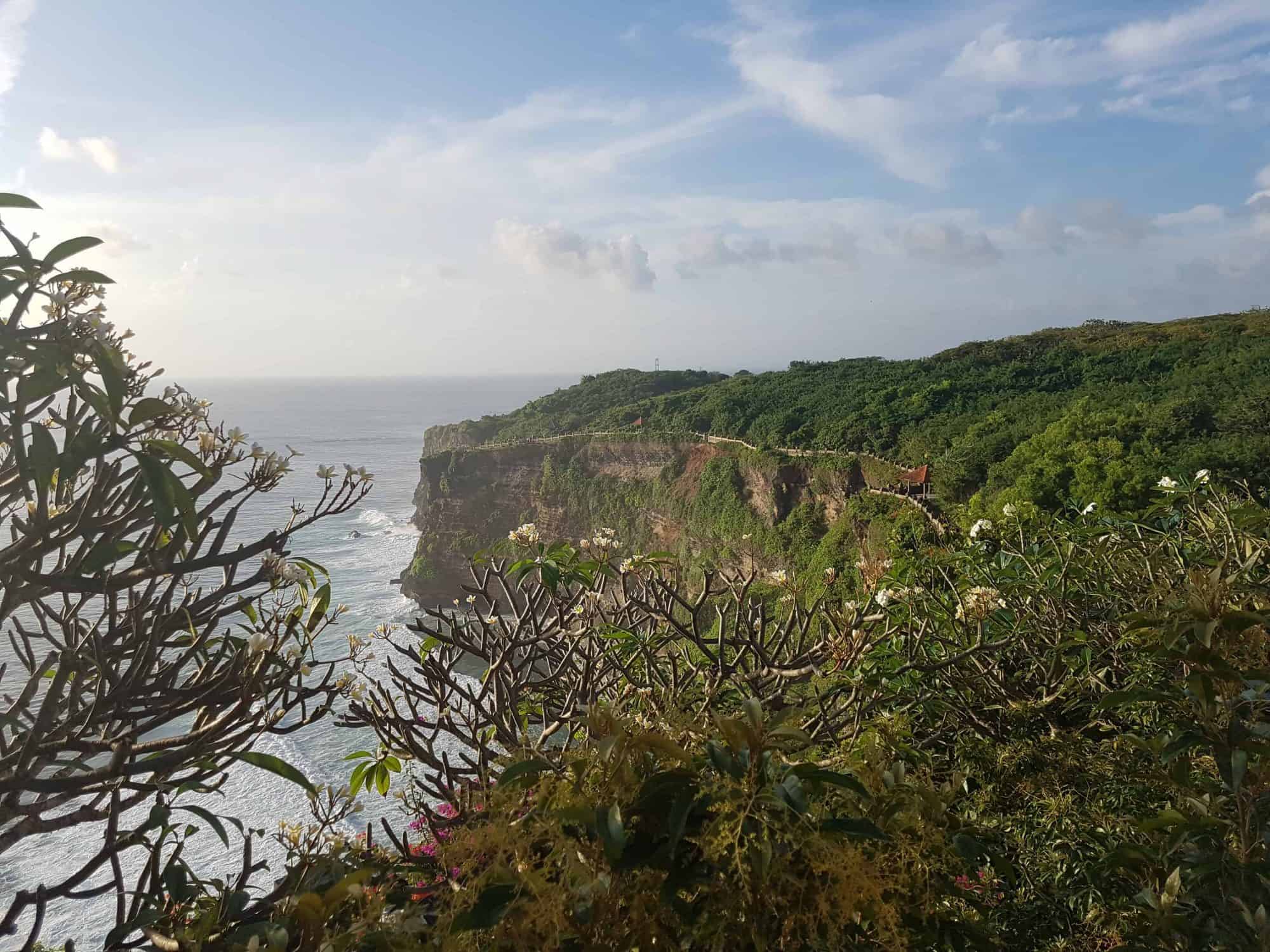UBQ is a thermoplastic that can substitute minerals, wood and plastic in thousands of applications.
Globally every year, 2 billion tonnes of waste is produced. Approximately 80% of this waste goes to landfills. Food loss and waste contribute 7% of total global greenhouse gas emissions.
UBQ Process
When all the waste that can be composted, recycled and reused has been removed (especially glass and metal), UBQ comes in. UBQ unlocks the potential value of waste. Therefore, redefining waste disposal and eliminating waste-related pollution. The advanced waste conversion plant at UBQ runs on clean energy. This plant produces zero residual waste, zero emissions and requires zero water. Using discarded household wastes such as chicken bones, dirty cartons, unsorted packages, nappies and mix plastics. They shred these varied waste streams, grind, melt and then reconstitute them into a new composite sustainable material – UBQ thermoplastic pellets.
People often ask how UBQ Materials is able to turn a heterogeneous #waste stream into a homogenous product.
— UBQ Materials (@UBQ_Materials) February 15, 2020
The answer? Optical sensors can tell what materials are inside each waste steam and make changes to the process accordingly, resulting in a substitute for #plastic. pic.twitter.com/hus7z6vXlb
A New Step in the Cycle
A Big Help from Scientists
The production of this material is possible partly because of the collaborations of several brilliant minds. Various chemists, biochemists and a Nobel Prize winner are involved in creating a material that has never existed before.
Viable AlternativEnergy looks forward to seeing UBQ being more involved in the management of discarded unsorted waste. The presence of UBQ materials in everyday items from furniture, vehicle parts, construction materials and household goods.


















This Post Has One Comment
Like!! I blog quite often and I genuinely thank you for your information. The article has truly peaked my interest.